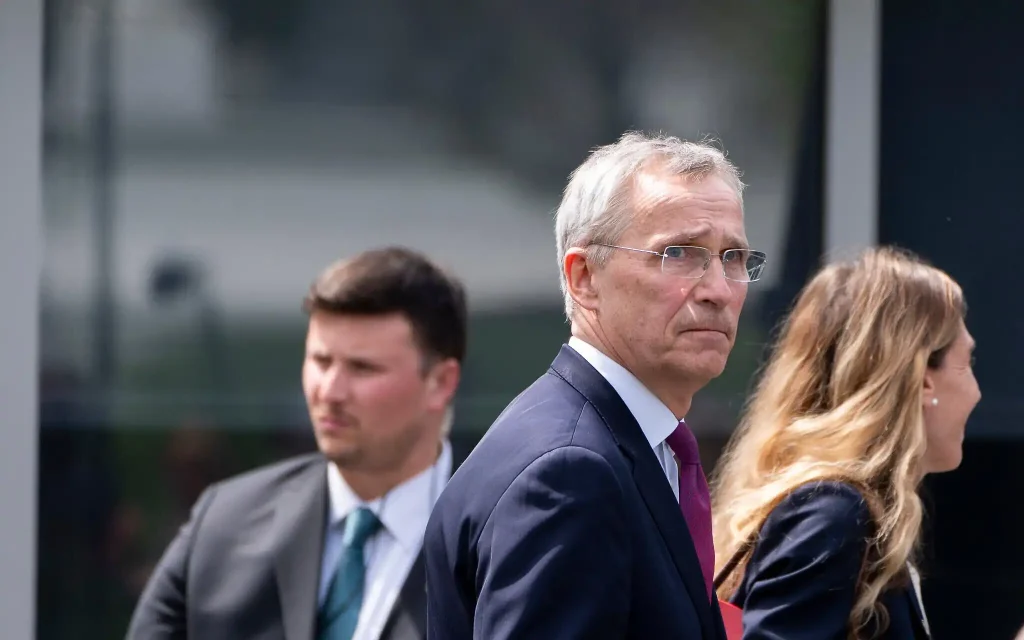Norway’s sovereign wealth fund, the largest in the world with assets of nearly $2 trillion, announced on Monday that it will exclude another six Israeli companies from its portfolio.
The move follows an ongoing ethics review into businesses connected to activities in the West Bank and Gaza.
Although the fund did not immediately identify the companies, it said their names and the reasons for exclusion would be made public once the divestments are finalized.
Banks and Defense Firms Under Scrutiny
One possibility is that the excluded firms could include Israel’s five largest banks, which have been under review by the fund’s Council on Ethics.
The watchdog has been assessing their involvement in financing projects in occupied territories.
The decision comes after a wider debate in Norway about the ethics of investing in companies tied to the Israeli military and settlements in disputed areas.
Additional Divestments and Portfolio Cuts
Alongside the exclusions, the fund also confirmed it had sold stakes in six other Israeli companies.
This decision followed a policy shift last week limiting investments to Israeli firms that are part of the fund’s benchmark index.
As of August 14, the fund had investments worth 19 billion Norwegian crowns ($1.86 billion) across 38 Israeli companies.
This marked a reduction from 61 companies on June 30, reflecting a sharp cut in exposure.
“More companies could be excluded,” Finance Minister Jens Stoltenberg told reporters, suggesting further reviews are likelyo.
Heightened Ethics Review Ahead of Elections
The urgency increased earlier this month after reports revealed the fund had invested in an Israeli jet engine manufacturer providing services to the country’s air force, including fighter jet maintenance.
The revelations sparked fresh debate in Norway ahead of the September 8 elections, with some political parties demanding a complete divestment from Israeli firms.
However, in June, Norway’s parliament rejected a proposal for a full withdrawal from companies operating in the occupied Palestinian territories.
“This debate helps sharpen our practices,” Stoltenberg said.
Stronger Oversight and Monitoring
Critics argue that only a complete withdrawal would ensure the fund avoids ethical violations.
In response, Stoltenberg announced closer coordination between the Council on Ethics and Norges Bank Investment Management (NBIM), which manages the fund.
“With more exchanges of information between the Council on Ethics and Norges Bank, it is possible that there could be more divestments in the future,” Stoltenberg noted.
Last week, the fund also terminated contracts with three external asset managers who had been handling some of its Israeli investments.
A Step Toward Stricter Ethical Standards
The fund, often viewed as a global standard-setter for responsible investing, bases exclusions on recommendations from its ethics council.
However, NBIM can also divest from companies if they pose financial, ethical, or reputational risks.
The latest move highlights growing pressure on sovereign funds and institutional investors to align their investments with ethical and human rights standards, particularly in conflict zones like the Israeli-Palestinian territories.
Mexico Vigil Urges Israel Ties Cut After Gaza Journalist Deaths




















